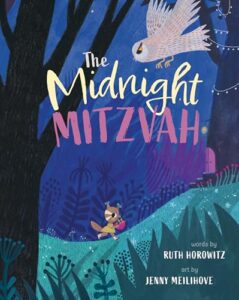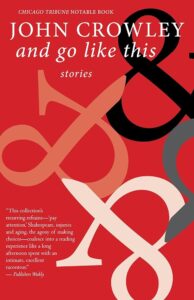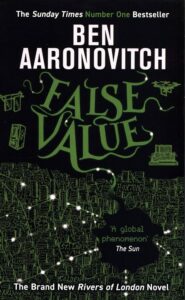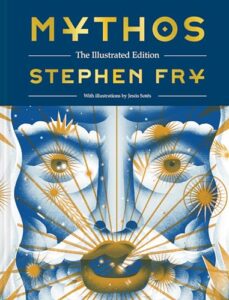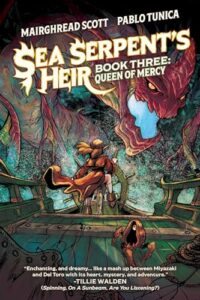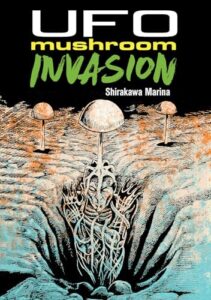When R. L. Stine started making headlines as a writer with the Fear Street novels, I was already aging out of his target audience. I know that that’s a weird thing to say given how I voraciously read books across all age ranges now, but having grown up on Nicholas Fisk and Scary Stories To Tell In The Dark, I was already well into Christopher Pike and adult horror territory when the Fear Street books came out. And they were fine. Interesting but not as deep or inventive as I expected or was used to, so it was pretty easy for me to tune out both that series and the massively popular Goosebumps books that would come out later, targeted at an even younger audience, while I set my sights on more mature reading.
 But now that I’m a much older person with a lot more experience (and now that I’ve officially been a book critic for well over a decade!) I can look at his works and evaluate them as a professional instead of as a young reader. I couldn’t say whether Stinetinglers 3 hit in quite the same way as it would have were I a young reader still, but I can say that it’s quality horror writing, and something I’m looking forward to passing on to my own middle schooler, who adores watching the Creeped Out horror anthology series for kids on Netflix. Tho, as far as I can tell, the Creeped Out episodes tend to have much happier endings than the stories in this book do…
But now that I’m a much older person with a lot more experience (and now that I’ve officially been a book critic for well over a decade!) I can look at his works and evaluate them as a professional instead of as a young reader. I couldn’t say whether Stinetinglers 3 hit in quite the same way as it would have were I a young reader still, but I can say that it’s quality horror writing, and something I’m looking forward to passing on to my own middle schooler, who adores watching the Creeped Out horror anthology series for kids on Netflix. Tho, as far as I can tell, the Creeped Out episodes tend to have much happier endings than the stories in this book do…
That actually surprised me, how the endings uniformly avoid the “problem solved, now the protagonists can go back to life as usual” sense of normalcy with which certain adults routinely baby children. Coupled with the almost wistfully written introductions to each story — each vignette a short explanation of how Mr Stine came up with the idea for the story that follows — this collection felt surprisingly mature and bleak, but not in a way that’s at all age-inappropriate. Change happens, sometimes for the worse. Life is full of ups and downs, and there are going to be moments when you’re in a bad spot because of things outside of your control. But, crucially, each spooky ending holds within it a seed of what could happen next. The stories almost dare the reader to keep going with the story, to fill in their own heroic endings. And if they don’t want to do that, if they’ve gone through enough of a rollercoaster of emotion to want to rest here at the thrill point (so to speak) before they can pull themselves together enough to carry on, then Mr Stine indicates that that’s okay, too.


